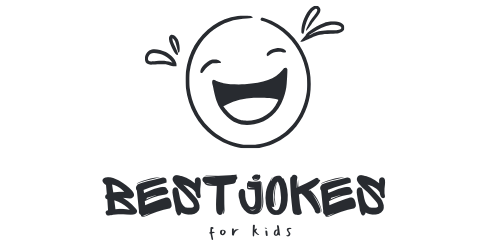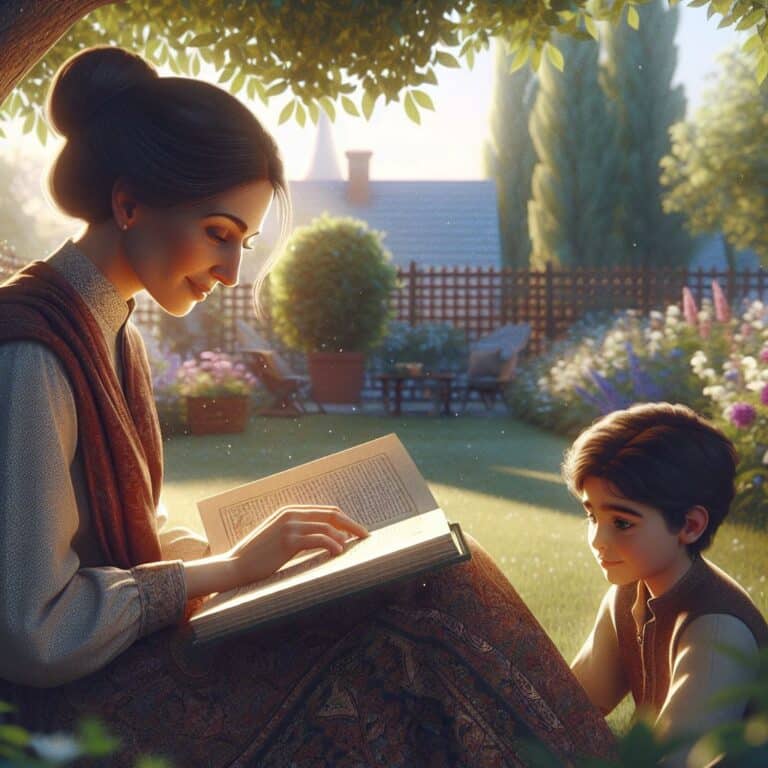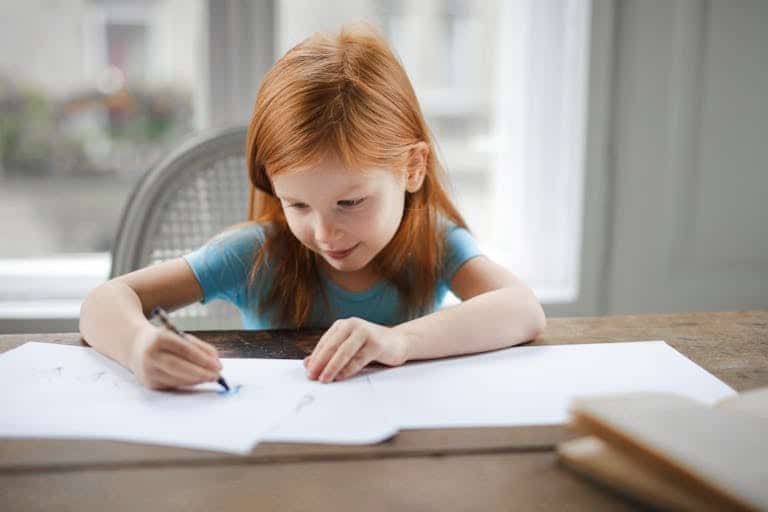In today’s fast-paced world, getting children to sit down and read can feel like an uphill battle. However, introducing humor into their reading routine can be a game-changer. Not only does it make reading more enjoyable, but it also significantly boosts literacy skills. Let’s delve into how humor can be a powerful tool in enhancing your child’s reading abilities.
Key Takeaways
- Funny books can improve a child’s reading comprehension by making stories memorable.
- Humor engages children, increasing their motivation to read regularly.
- Laughing together over a book strengthens family bonds and encourages shared reading experiences.
- Funny stories can enhance a child’s social-emotional skills by teaching empathy and perspective-taking.
- Parents should choose age-appropriate humorous books to maximize reading benefits.
Why Humor is Key to Developing Reading Skills
Most children are naturally drawn to funny books. They love the silly antics of characters and the unexpected twists that make them laugh. This attraction to humor isn’t just about entertainment; it’s a doorway to developing critical reading skills.
Understanding Children’s Natural Inclination Towards Funny Books
Children have an innate sense of humor that evolves as they grow. At a young age, they might find slapstick comedy hilarious, while older kids may enjoy more sophisticated jokes and puns. This natural inclination towards humor can be harnessed to foster a love for reading.
When children find a book funny, they’re more likely to engage with it. This engagement is crucial because it means they’re paying attention, thinking about the story, and anticipating what might happen next. As a result, they’re developing essential reading skills without even realizing it.
How Humor Engages the Whole Family in Reading
Reading doesn’t have to be a solitary activity. In fact, when humor is involved, it often becomes a shared experience. Families can gather around a funny book, taking turns reading aloud and laughing together at the antics of beloved characters. This shared laughter strengthens family bonds and creates positive associations with reading.
Besides that, children learn by example. When they see their parents enjoying a funny book, they are more likely to mimic that behavior. It becomes a family tradition, a time to relax and have fun together, which encourages regular reading habits.
Benefits of Humor in Enhancing Literacy Skills
Humor is not just about making children laugh; it’s a powerful tool that can significantly enhance literacy skills. From improving comprehension to fostering social-emotional growth, funny books offer a range of benefits.
Improving Reading Comprehension Through Laughs
Humor can be a secret weapon in boosting reading comprehension. When children find a story funny, they are more likely to remember it. This is because humor often involves unexpected twists or wordplay, which engages their cognitive processes and aids memory retention.
Moreover, humorous stories often include a lot of dialogue and character interaction, which helps children understand the nuances of language. They learn to infer meaning from context, recognize different tones, and appreciate the subtleties of communication.
Practical Ways to Use Humor in Your Child’s Reading Routine
Incorporating humor into your child’s reading routine doesn’t have to be complicated. In fact, it can be as simple as choosing the right books and creating an environment where laughter is encouraged. Here’s how you can make humor a regular part of your child’s reading time.
First, it’s important to create a cozy and inviting reading nook where your child feels comfortable. This could be a corner of their bedroom with a bean bag chair and a small bookshelf filled with funny books. The goal is to make reading a special and enjoyable activity, not a chore.
Another effective strategy is to set aside specific times for reading humorous books together. This could be a bedtime ritual or a weekend activity. By making it a routine, your child will start to look forward to these moments of shared laughter and storytelling.
Selecting the Right Funny Books for Different Ages
Choosing the right book is crucial. What one child finds hilarious, another might not. Therefore, it’s essential to consider your child’s age and interests when selecting books. For younger children, picture books with bright illustrations and simple, funny stories work well. As they grow older, chapter books with more complex humor, such as wordplay and irony, become more appropriate.
Encouraging Laughter While Reading Aloud
Reading aloud is a fantastic way to share humor with your child. When you read a funny book together, use different voices for the characters and exaggerate expressions to make the story come alive. This not only makes the experience more enjoyable but also helps your child understand the humor in the story.
Don’t be afraid to pause and talk about the funny parts. Ask your child questions like, “What do you think is going to happen next?” or “Why do you think that was funny?” These discussions help deepen their understanding and appreciation of the humor.
Most importantly, remember that it’s okay to be silly. When your child sees you having fun and laughing, they’re more likely to relax and enjoy the story. This creates a positive reading experience that encourages them to read more often. For more insights, check out how humor can develop children’s reading skills.
Fun Activities to Pair with Humorous Books
To further enhance the reading experience, try pairing books with related activities. For instance, after reading a funny book about animals, you could visit a zoo or watch a nature documentary together. This helps to reinforce the themes of the book and make the humor more relatable.
Another idea is to encourage your child to create their own funny stories or comics based on the books they’ve read. This not only boosts their creativity but also allows them to explore humor from a different perspective. They can share their stories with family members or friends, adding another layer of enjoyment to the process.
Examples of Popular Humorous Books for Children
Finding the right book can make all the difference in fostering a love of reading. Here are some popular humorous books that are sure to bring joy and laughter to your child’s reading routine.
Ages 6-8: “Junie B. Jones” by Barbara Park
“Junie B. Jones” is a series beloved by young readers for its quirky and outspoken main character. Junie’s adventures in kindergarten and first grade are filled with humor and relatable childhood antics. The series is perfect for children who are just starting to read chapter books, offering a delightful mix of silliness and heartwarming moments.
Ages 9-12: “Diary of a Wimpy Kid” by Jeff Kinney
The “Diary of a Wimpy Kid” series is a favorite among middle-grade readers. Written in a diary format with plenty of illustrations, it captures the humor and challenges of middle school life. Greg Heffley’s hilarious misadventures make this series a great choice for reluctant readers and those who enjoy a good laugh.
Ages 10-12: “The Best Jokes Every 10 Year Old Should Know” by Holli Whaling
This joke book is perfect for children who love to laugh and share jokes with friends. Filled with age-appropriate humor, it encourages children to read aloud and engage with others. It’s a fun way to boost reading skills while developing a sense of humor.
Interactive and Illustrated Humor Books
Interactive books, such as “Press Here” by Hervé Tullet, engage children by inviting them to participate in the story. These books often include simple instructions that lead to funny outcomes, making them ideal for young readers who enjoy being part of the action. For more insights on why funny books are crucial, check out funny kids’ books as an important part of your child’s library.
Illustrated books, like “The Day the Crayons Quit” by Drew Daywalt, combine humor with vibrant illustrations to capture children’s imaginations. These books are great for visual learners and those who appreciate a mix of text and artwork.
Concluding Thoughts on Humor and Literacy
Humor is an incredible tool that can transform the way children perceive reading. By making reading a fun and enjoyable experience, we can encourage children to develop a lifelong love of books. This not only improves their literacy skills but also enriches their lives in countless ways.
It’s important to remember that each child is unique, and what one finds funny, another might not. Therefore, it’s crucial to explore different types of humor and find what resonates with your child. This exploration can be a wonderful journey that strengthens your bond and creates cherished memories.
Fostering a Lifelong Love of Reading Through Laughter
- Introduce a variety of humorous books to discover what your child enjoys.
- Set aside regular reading times to create a routine and foster anticipation.
- Encourage your child to share their favorite funny stories with friends and family.
- Be a role model by showing enthusiasm and joy when reading humorous books.
- Incorporate humor into other areas of learning to make education enjoyable.
By incorporating humor into your child’s reading routine, you provide them with a powerful tool to enhance their literacy skills. More importantly, you give them the gift of laughter and the joy of reading, which are invaluable throughout life.
As parents, it’s our role to nurture this love of reading by being actively involved and supportive. Whether it’s by selecting the right books, reading aloud, or simply laughing together, our actions can have a profound impact on our child’s reading journey.
The Role of Parents in Encouraging Humorous Reading
Parents play a crucial role in encouraging humorous reading. By being engaged and enthusiastic, you can inspire your child to explore the world of funny books. Start by setting an example; let your child see you enjoying humorous books. Share your laughter and discuss the funny parts together. This not only makes reading enjoyable but also creates a positive reading environment.
Frequently Asked Questions
Many parents have questions about how to best incorporate humor into their child’s reading routine. Here are some common inquiries and their answers.
How does humor impact a child’s desire to read?
Humor greatly enhances a child’s desire to read by making the activity enjoyable and engaging. When children associate reading with laughter and fun, they are more likely to develop a positive attitude towards books. This positive association encourages them to read more often and explore new genres and topics.
Are there risks in focusing too much on funny books?
While humorous books are beneficial, it’s important to maintain a balanced reading diet. Encourage your child to explore different genres and themes alongside funny books. This ensures they develop a well-rounded understanding of literature and gain exposure to a variety of writing styles and perspectives.
Can humor in books improve a child’s mental health?
Yes, humor in books can positively impact a child’s mental health. Laughter reduces stress, promotes relaxation, and fosters a sense of well-being. By incorporating humor into reading, children can experience these benefits while also developing their literacy skills. Furthermore, funny books often tackle difficult topics in a lighthearted way, helping children process emotions and build resilience.
Research shows that laughter triggers the release of endorphins, the body’s natural feel-good chemicals, which can enhance mood and improve overall mental health.
By providing children with access to humorous books, we can help them navigate life’s challenges with a smile and a sense of humor.
What if my child doesn’t find funny books interesting?
If your child doesn’t seem interested in funny books, don’t worry. It’s important to remember that each child has unique preferences. Try exploring different types of humor, such as slapstick, wordplay, or irony, to see what resonates with them. Additionally, involve your child in the book selection process to ensure they feel a sense of ownership and excitement about their reading choices.
Encourage open discussions about what they enjoy and why. This dialogue can provide valuable insights into their interests and help you find books that align with their sense of humor.







2 Comments